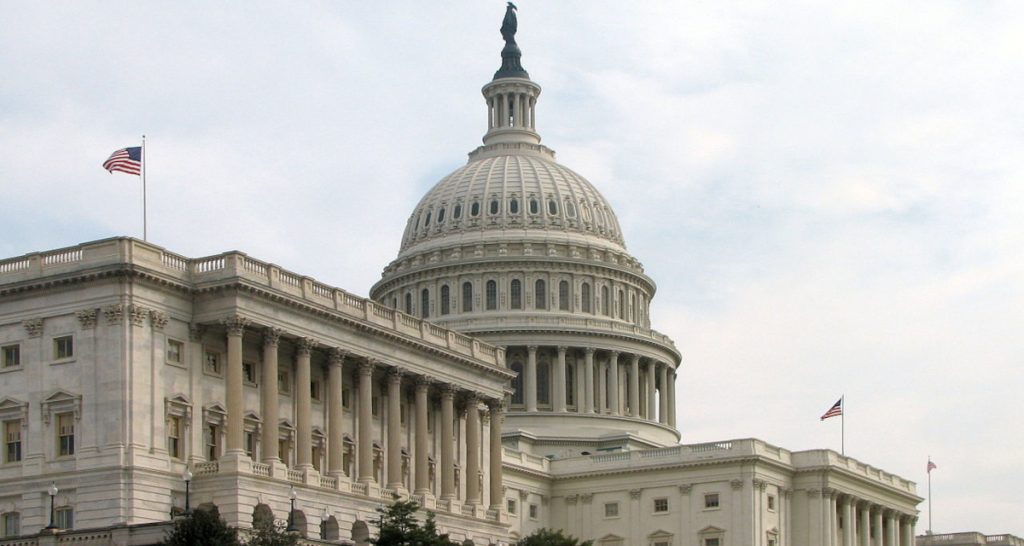
TRAIN Act: New Bill Would Force AI Companies to Reveal Training Data Sources to Rightsholders
A new bill called the "TRAIN Act" (Transparency and Responsibility for Artificial Intelligence Networks Act) has been introduced by Senator Peter Welch (D-VT) to require AI companies to disclose their training data to rightsholders.

US Capitol dome with American flags
The six-page bill establishes an administrative subpoena process allowing copyright holders to discover if their works were used to train AI models. Under the proposed legislation, rightsholders who believe their copyrighted content was used for AI training can request a subpoena through any U.S. district court to compel AI developers to identify which protected works were incorporated.
Key industry organizations including the RIAA, Recording Academy, and American Federation of Musicians have voiced support for the legislation. However, the bill's future remains uncertain, as similar AI-focused legislation like the NO FAKES Act has struggled to gain significant traction in Congress.
A central issue is whether AI training on copyrighted materials constitutes "fair use." While AI companies argue that using protected content for training is fair use, rightsholders contend that processing vast amounts of copyrighted works without permission or compensation violates their rights. Several legal challenges around this question are currently pending.
The legislation's impact may ultimately depend on how courts rule on the fair use question. If AI training on copyrighted content is deemed legal without permission, the subpoena process would have limited value for rightsholders who have already identified potential infringement through AI outputs.
Meanwhile, AI technology continues advancing rapidly in areas like music creation, voice replication, and video generation, even as regulatory frameworks and legal precedents remain unsettled. While the EU has passed its AI Act, implementation will take time and questions about training data remain unresolved.
Related Articles

US Appeals Court Confirms: AI-Generated Works Not Eligible for Copyright Protection

